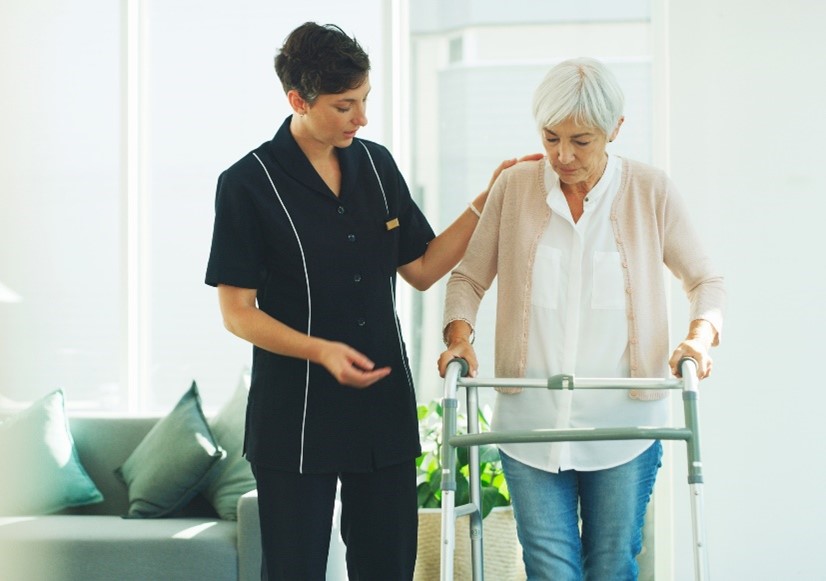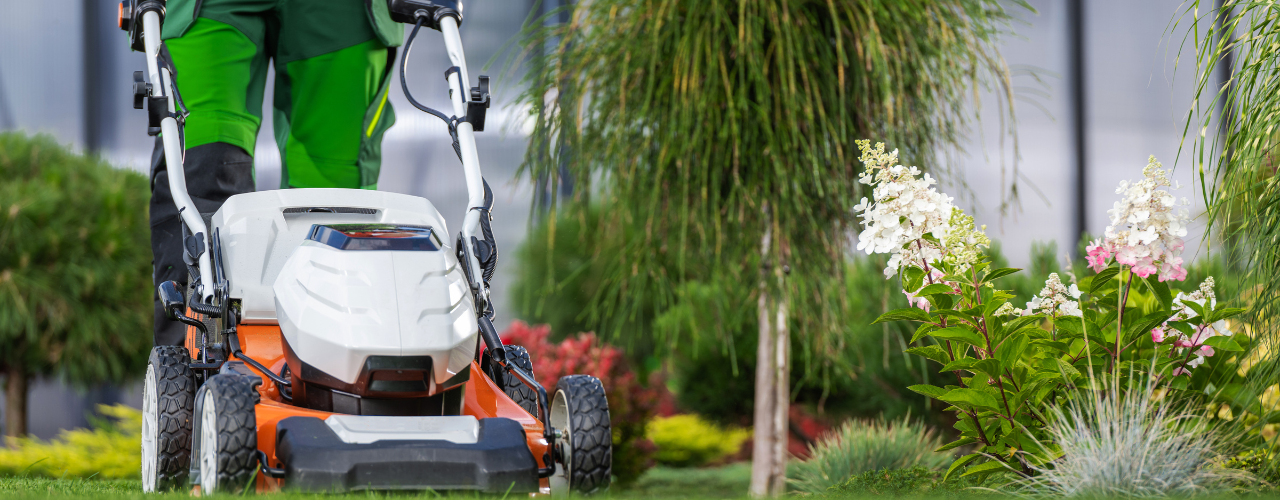Creating joyful experiences for people in care homes
When might someone require additional support?

February 17, 2025 in Frameworks
Did you know?
According to the National Institute of Aging, older adults are at higher risk of social isolation and loneliness due to changes in health and social connections that can come with growing older. This would be issues such as hearing, vision and memory loss, disability, trouble getting around, and/or the loss of family and friends.[1]
Alongside the decline in social relations, the health problems experienced by elderly individuals also impact their well-being whilst living independently. It is considerably harder to look after oneself with a gradual worsening of physical and mental impairments, making it much harder for these individuals to stay on top of day-to-day responsibilities in these circumstances.
Our UK healthcare system recognises the increasing difficulties that come of aging faced by adults and have measures in place to assist those in need of support and care, such as care homes and assisted living. You can find out more about this here[2].
There are a multitude of benefits to these arrangements that can positively impact the quality of life of individuals in need of regular assistance and a sense of community.
These benefits include:
- Can build new relationships with other residents which, in turn, helps combat feelings of isolation and loneliness
- Can help restore existing relationships with family, with care cover reducing pressure on loved ones
- With the support of staff and the encouragement from the care home community, there are opportunities for activities and physically appropriate exercise
- A sense of security; having a community of people to see regularly and staff who are determined to be of assistance can allow comfortability and ease, not having to completely worry about oneself and their environment
- Eliminates a selection of burdens: paying routine bills, getting groceries, cooking meals, general chores and more.
- The health of residents is in the hands of people who care. Less mobile residents can receive physical aid for any task that is difficult to carry out independently. Staff can also keep on top of medicinal needs.

We can be of further assistance
In a report from Queen’s University Belfast discussing the challenges facing care homes in the UK, it is stated that there are shortages in the recruitment and retainment of registered nurses in care homes.[1] We therefore understand the pressures faced by staff to optimise support for those in need of various forms of care. Working collaboratively with our awarded suppliers on our Integrated Community Care Equipment framework, we can assist staff in maximising the support of elderly residents, by providing access to an assortment of community care equipment.
Our equipment and services can provide the opportunity for residents to manoeuvre better without fear of falling or injury as well as maintain a consistent and effective health plan.
If you would like more information on the equipment available, click here.
You can also apply for a care needs assessment here: https://www.gov.uk/apply-needs-assessment-social-services


